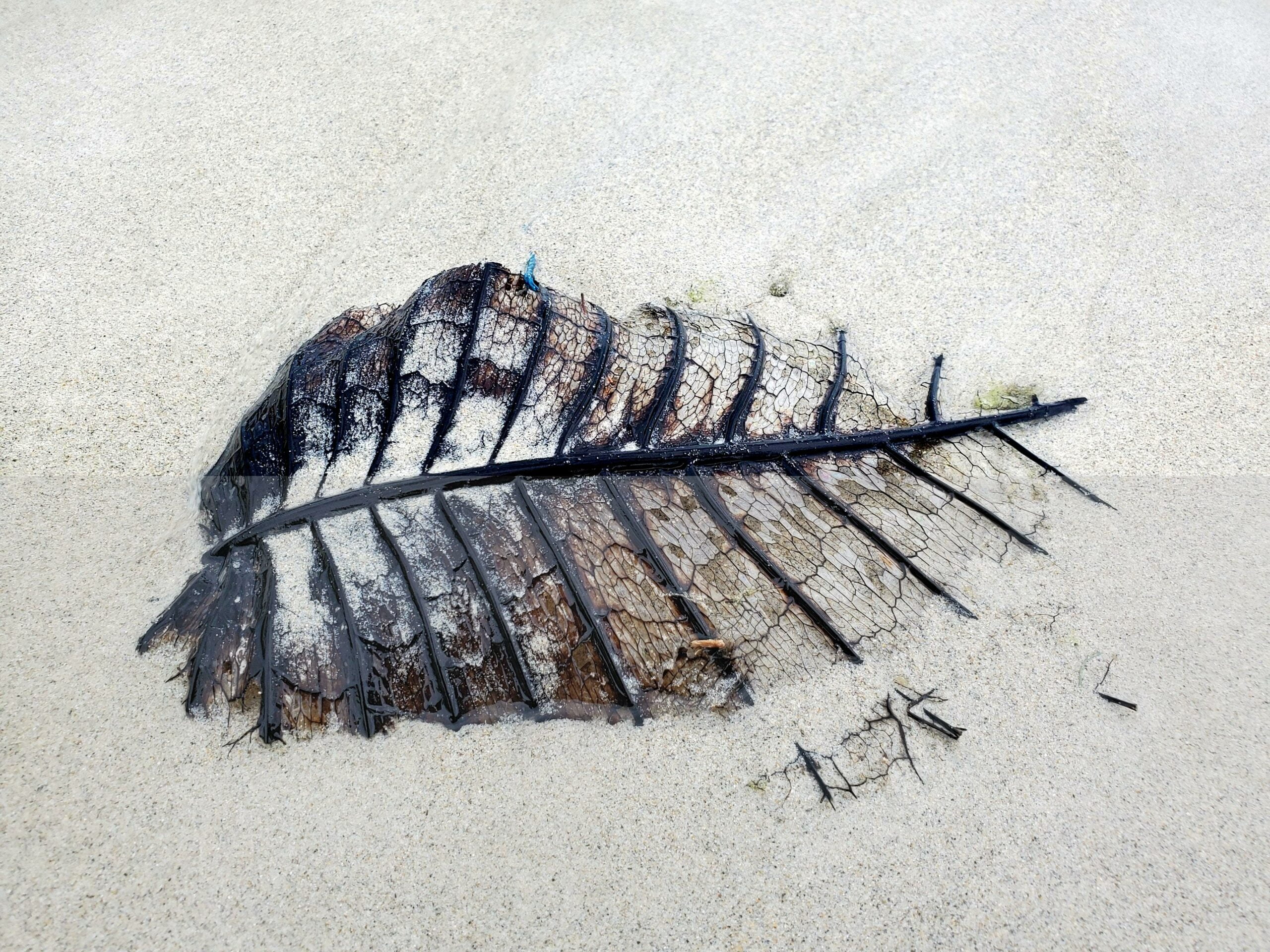Are you ready to embark on a thrilling journey through the depths of time? Join me, an experienced paleontologist, as I unveil the fascinating world of fossils and share with you some incredible facts that will leave you in awe. In this article, we will delve into the realm of paleontology, where the secrets of Earth’s ancient history are meticulously unearthed and meticulously pieced together. Brace yourself for a captivating adventure as we explore the remarkable discoveries, extraordinary creatures, and captivating mysteries that lie within the realm of fossils.
Paleontologist Facts About Fossils
Fossils…they hold the secrets of our planet’s past, waiting to be uncovered and deciphered by curious minds like mine. As a paleontologist, I have dedicated my life to unlocking the mysteries locked within these ancient remnants of life. Let me take you on a journey through the mesmerizing world of fossils, as we delve into 10 fascinating facts about these prehistoric marvels.
1. Fossils: Time Capsules of the Past
Fossils are like time capsules, preserving the remains of plants, animals, and even microscopic organisms that once roamed our Earth. They can take various forms, from teeth and bones to footprints and imprints left in rock. These tangible traces provide a precious glimpse into the ecosystems and lifeforms of long-lost worlds.
Just imagine, with each fossil we uncover, we are peering directly into the past, connecting with the ancient life that once thrived on our planet.
2. An Ancient Storybook: Sedimentary Rocks
Most fossils are found in sedimentary rocks. These rocks are formed through the accumulation of sediment, such as sand, mud, and organic matter, over millions of years. As layers upon layers become compacted, they preserve the remains nestled within. It’s like the pages of Earth’s storybook, patiently waiting for us to read and interpret.
3. The Sands of Time: Millions of Years Old
Fossils are not mere remnants from the past; they are a testament to the immense span of Earth’s history. Some fossils are hundreds of millions of years old, stretching back to unimaginable times. By studying these ancient relics, we can piece together the puzzle of evolution and witness the incredible changes that have shaped life on our planet.
4. The Incomplete Record: Lost and Found
The fossil record we have is incomplete, a mere snapshot of the past. Over time, many fossils are lost to erosion or remain undiscovered beneath layers of rock. It’s like trying to reconstruct a massive puzzle with missing pieces. However, paleontologists continue to uncover and study new fossils, adding to our knowledge of Earth’s ever-evolving story.
5. Paleontology: Deepening Our Understanding
Paleontology, the study of fossils, allows us to delve deep into the annals of time and explore the intricate details of ancient life. By carefully analyzing fossils and their surroundings, paleontologists can reconstruct ecosystems, identify species, and even infer behaviors. It’s like being a detective, piecing together clues from the past to uncover the hidden narratives of extinct creatures.
6. A Hidden World: Fossils Beneath the Seas
The vastness of Earth’s history extends far beyond the land we tread upon. That’s why paleontologists also explore beneath the seas and oceans, seeking out fossils submerged beneath the waves. These underwater treasures shed light on the evolution of marine life, offering valuable insights into the interplay between ancient creatures and their aquatic environments.
From the deepest depths of the ocean to the highest peaks of the mountains, fossils beckon us to venture further and unearth their tales of bygone eras.
As we conclude our journey through the realm of paleontologist facts about fossils, we catch a glimpse of the wonders that await exploration. Fossils are not simply ancient remnants; they are gateways into understanding our planet’s past, the evolution of life, and the forces that shaped our world. So let us continue to unearth, to study, and to embrace the enigmatic beauty that lies within these prehistoric marvels.
Fossils are fascinating remnants of ancient life that offer valuable insights into our planet’s history. If you’re curious to uncover more facts about fossils, look no further than the Wikipedia page dedicated to this intriguing subject. Dive into the mesmerizing world of paleontology and discover the wonders preserved in stone. Click here to explore the captivating and enlightening realm of fossils: facts about fossils wikipedia. Happy fossil hunting!
FAQ
What are fossils?
Fossils are the remains of plants and animals from the past, such as bones, teeth, or footprints.
Where are fossils usually found?
Most fossils are found in sedimentary rocks.
How old can fossils be?
Fossils can be millions of years old.
Why is the fossil record incomplete?
The fossil record is not complete because many fossils are destroyed by erosion.
What is paleontology?
Paleontology is the study of fossils and traces the life that existed millions of years ago.
- Unlock Water’s Symbolism: A Cross-Cultural Exploration - April 20, 2025
- Identify Black and White Snakes: Venomous or Harmless? - April 20, 2025
- Unlocking Potential: Origins High School’s NYC Story - April 20, 2025















